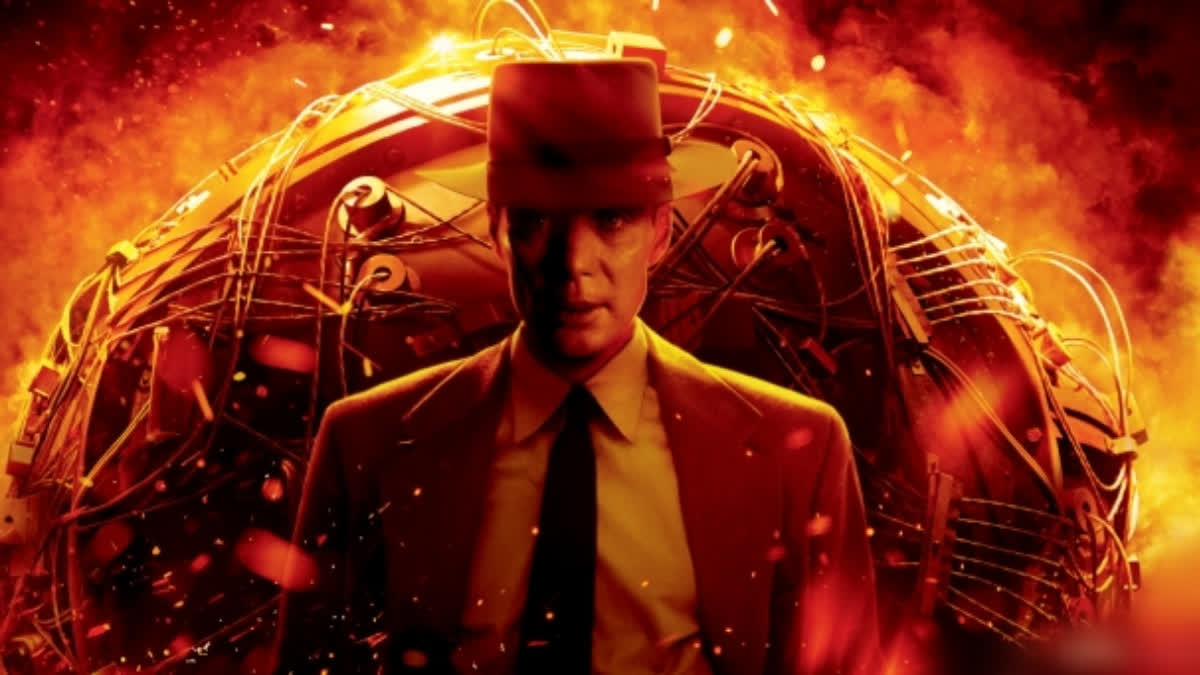Hyderabad: Christopher Nolan's upcoming film Oppenheimer is based on the life and times of theoretical physicist J Robert Oppenheimer is known. Though it is yet to be revealed if the film would make any mention of Oppenheimer's connection with Hinduism and the Bhagavad Gita, there has been a growing interest in these aspects of his character in the days before the release of Oppenheimer.
Oppenheimer had quoted the Gita following the Trinity test on July 16, 1945, through which he created the world's first atomic bomb. He seemed to reflect as he started to realize the seriousness of what he had just done. He quoted, "If the radiance of a thousand suns were to burst into the sky, that would be like the splendor of the Mighty One… I am become death, the destroyer of worlds."
As per a magazine article from 1948, during his time at Berkeley, where he also studied Sanskrit from resident expert Arthur W. Ryder. Oppenheimer read the Gita for his personal delight in the evenings and occasionally to entertain his companions. It was his eighth language. He had a copy of the Gita, bound in pink and held together with scotch tape.
Also read: After Oppenheimer cast, more actors join writers' strike in biggest Hollywood labor fight in decades
After discovering the works of poet John Dunne and French writer Marcel Proust, he would frequently write to his brother Frank about how fascinated he was by the arts. Through these letters, Oppenheimer informed Frank about his studies in Sanskrit and revealed that his knowledge of ancient Indian texts went beyond the Gita. He went on to say that his knowledge of Indian texts further included the Vedas, Kalidasa' lyrical poem Meghaduta, and the oldest collection of Hindu scriptures.
Recently, in an interview, actor Cillian Murphy, who portrays the role of Oppenheimer in the movie, disclosed that he read the Bhagavad Gita in order to prepare for the role, and told a journalist that he found it 'absolutely beautiful'. The film is scheduled to hit the theatres on Friday.



